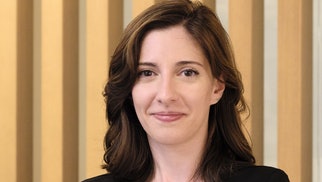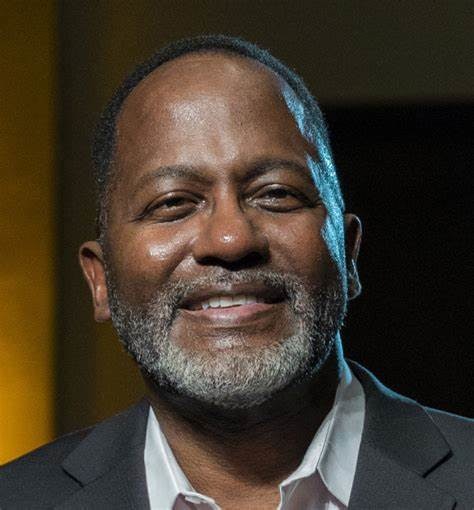 Dr. Ioana G. Hulbert
Dr. Ioana G. Hulbert
“Perceptions of Academic Freedom in Teaching,” authored by Ithaka S+R researcher Dr. Ioana G. Hulbert and senior analyst Dr. Ess Pokornowski, is based on a national survey of postsecondary instructors conducted between February and March. It revealed a relatively small percentage of instructors agreed or strongly agreed that they avoid teaching or talking about controversial topics in the classroom for any reason. About one-in-five instructors avoiding discussing conflict in the Middle East and abortion and contraception.
Ithaka S+R’s survey sought instructors from a range of disciplines and institution types to learn whether they were changing instructional practices and the degree to which they felt comfortable discussing controversial topics within the context of anti-DEI legislation and university leadership responses to on-campus antisemitism.
 Dr. Ess Pokornowski
Dr. Ess Pokornowski
The authors concluded that, perhaps, most faculty intellectual life on campus is carrying on as usual and concerns about academic freedom, free-speech, and self-censorship remain just that: concerns.
“At a first glance, faculty reliance on peer support and intervention suggests that colleges and universities looking to change culture and directly support faculty might look to do so by building, developing, or tapping into peer networks,” the report read. “And yet, disaggregated results suggest that a generalized approach like increasing peer support resources may not serve all faculty equitably, as faculty of color and nonbinary faculty rely on peer support at a lower rate and turn to more institutionalized and external resources for support.
“It is our hope that this snapshot of faculty sentiment provides a foundation upon which researchers and higher education institutions can build more targeted, localized, and specific inquiries into who is impacted, where, and how, by the shifting political and cultural order in higher education.”
#Survey #Instructors #Facing #Academic #Freedom #Challenges










